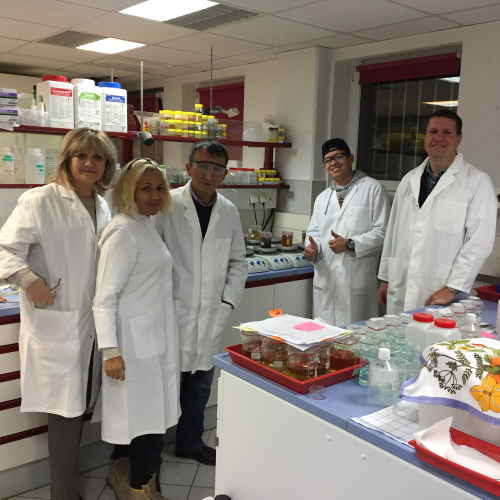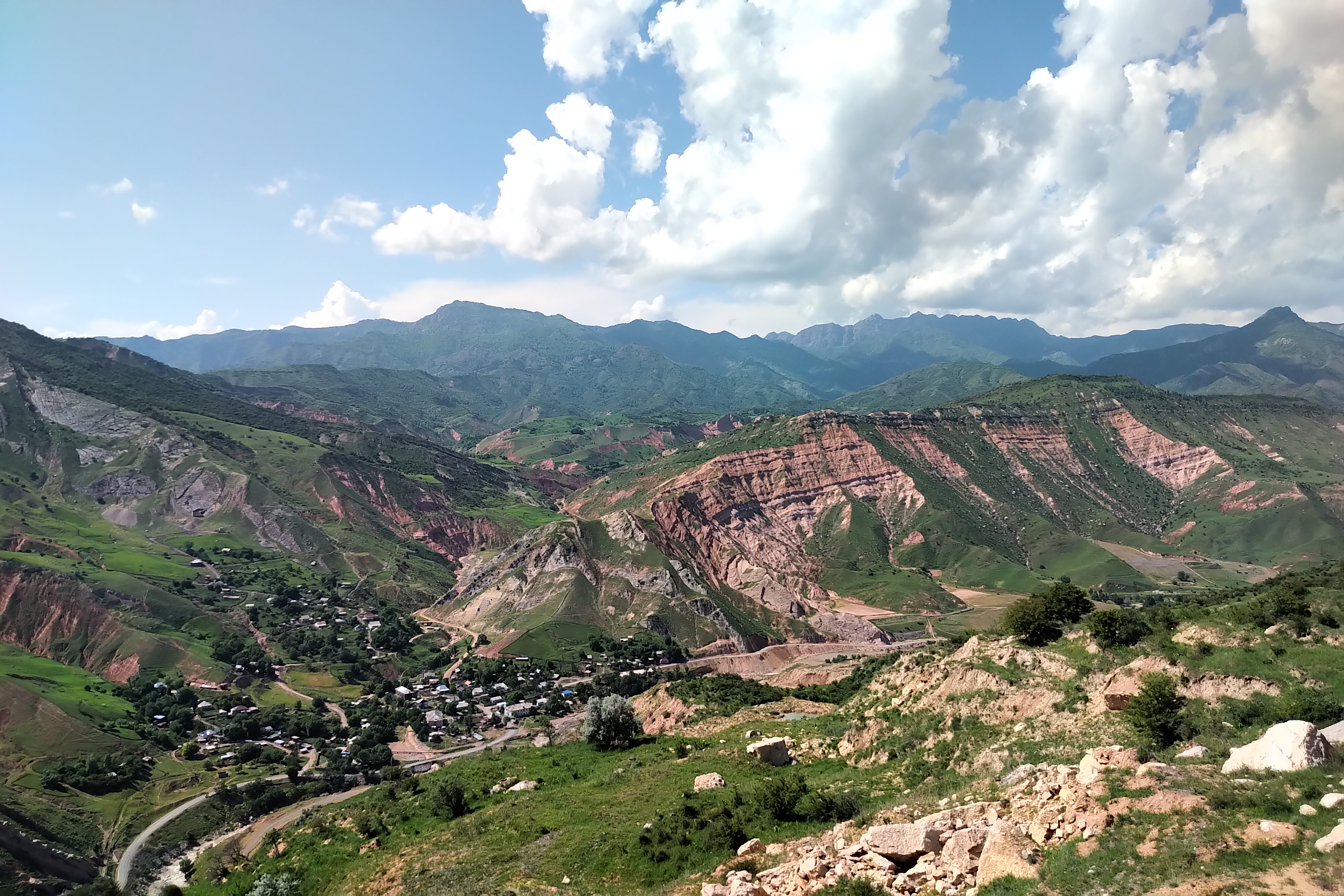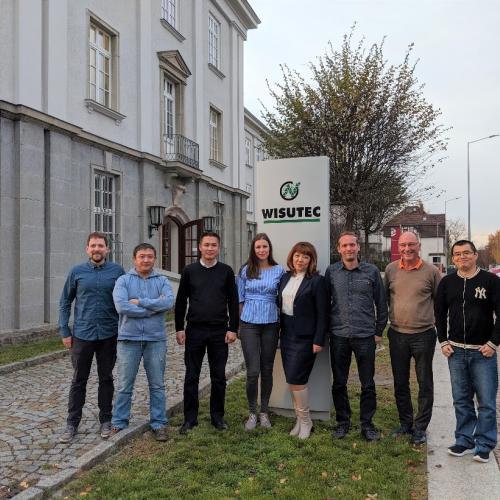Central Asian TRANSPOND project partners collaborate on laboratory work in Radeberg

Coordinator: IAF – Radioökologie GmbH
Contact Person: Dr. Christian Kunze
Address: Wilhelm-Rönsch-Straße 9, 01454 Radeberg
Phone@tel
Email: @email
Project partners
Project partners in Uzbekistan and Kyrgyzstan
Residues from Soviet uranium and rare earth production are a strain on political peace in Central Asia: For example, the erosive discharge of radioactive mining residues into the transboundary waters of Syr Darya leads to stability risks between Uzbekistan and Kyrgyzstan. Essential prerequisites for conflict prevention would be a reliable data basis for water pollution, a cross-border exchange of data and an improved infrastructure for environmental monitoring and environmental information in the riparian states. However, this has been lacking so far. In the joint project TRANSPOND, German, Kyrgyz and Uzbek partners are developing a joint environmental information system as well as coordinated emergency instructions for the riparian states.
All Central Asian republics have active or unrefined uranium and rare earth mining sites with radioactive mining and processing waste. There is permanent erosion of radioactive particles from these remnants into the cross-border catchment area of Syr Darja in the Fergana Valley. The transport of radioactive mining residues leads to tensions between Kyrgyzstan and Uzbekistan. These are partly due to unreliable information on actual water pollution, inadequate information exchange between countries and lack of coordination on common options for action.

In order to create the foundation for conflict prevention, TRANSPOND is initially striving to develop uniform laboratory methods for determining the radioactive pollution situation of suspended particles in the cross-border catchment area of the Syr Darya which are technologically feasible for both countries. In addition, the project is setting up a uniform environmental information system that can be used by environmental authorities in both countries. The system will incorporate the results of the monitoring of the water quality of transboundary rivers and other current data. In addition, a forecast model will be developed in coordination with both countries for the propagation of radioactive components in transboundary waters, as will instructions for the event of brief but very high release based on this model.
TRANSPOND is solving existing hurdles with innovative approaches to achieve these goals. The very limited technical and financial capabilities of the radionuclide laboratories of both target countries have to be optimally exploited to develop laboratory procedures to determine relevant radionuclides in suspended matter. For this purpose, complex standard radiochemical processes, which require a high expenditure on equipment and sometimes expensive consumables, will be modified so that the obtained results show acceptable accuracy at significantly lower analysis costs and can be used far as possible by a variety of laboratories in the two partner countries of Kyrgyzstan and Uzbekistan (sub-project of IAF-Radioökologie GmbH). For this purpose, gamma and alpha spectrometric methods will be omitted in favour of simple, low-level counters for radiochemical preparation available in the target countries. In addition, reagents that can only be procured at high cost in the target countries or require increased occupational safety expenses are not used. In developing an environmental information system shared by Uzbekistan and Kyrgyzstan, the challenge lies mainly in system architecture and user and access management for authorities in different countries. Technical arrangements must therefore be supplemented by confidence-building measures and a constructive dialogue between the authorities concerned (sub-project of WISUTEC Umwelttechnik GmbH). In addition, the project aims to coordinate quick and sufficiently reliable forecasting models as well as environmental policy instructions for the reduction of contamination risk accepted in both target countries (sub-project of Magdeburg-Stendal University of Applied Sciences).
The measures are intended to provide reliable information on radioactive pollution of the river system, improved information exchange between Uzbekistan and Kyrgyzstan and effective joint action in the event of a strong, sudden release of radioactive material into the river system.
All in all, TRANSPOND hopes to contribute to improved handling of the radioactive pollution in the Syr Darya river system as well as stronger political stability between Uzbekistan and Kyrgyzstan.

